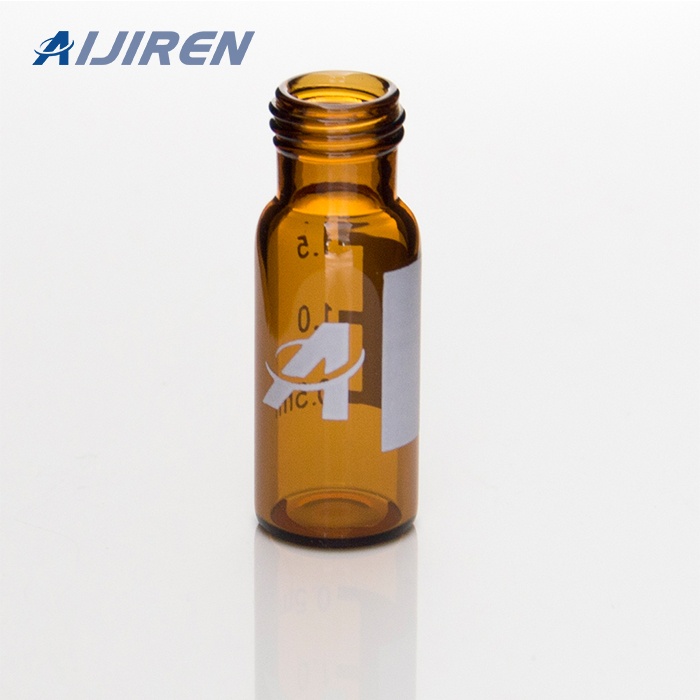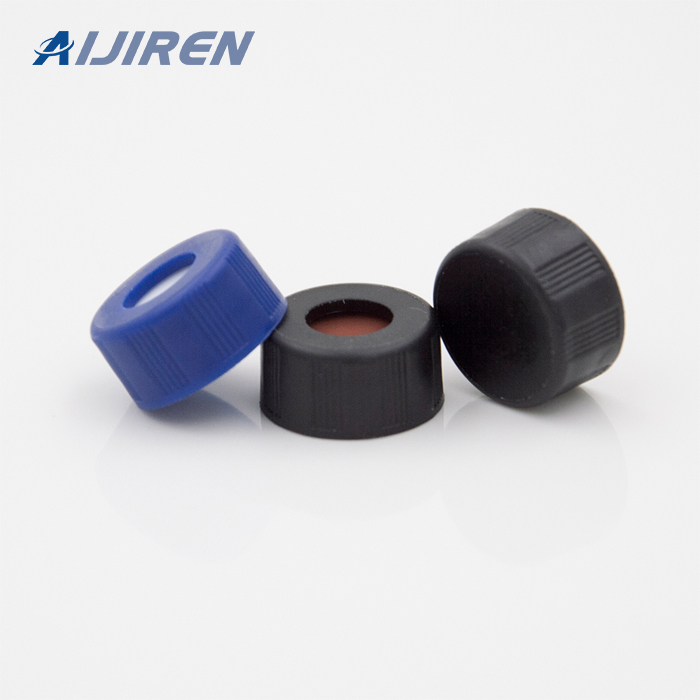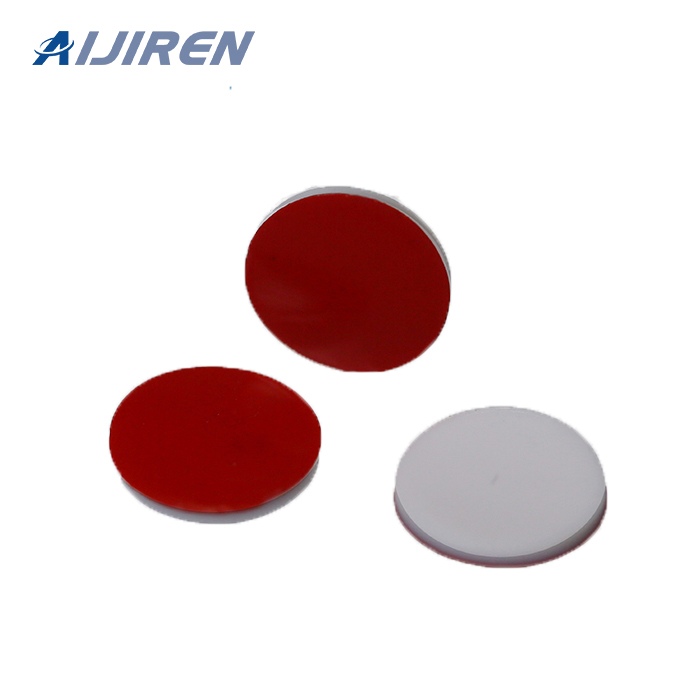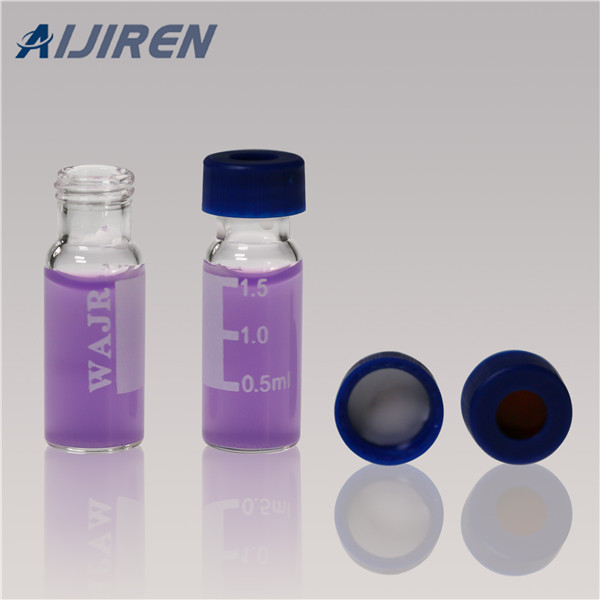



HPLC Columns, Buffers, Reagents, Standards, and Accessories. We offer a wide selection of high-performance liquid chromatography (HPLC, UHPLC, and LC-MS) columns for small and large molecule (biomolecule) analysis, including those employing fully porous particles (FPP) with our Purospher™ STAR, Discovery and Ascentis ® columns, superficially porous particles (SPP), such as Ascentis
Wit normal 2mL vials I would recomend between 150 and 250µL. Cite. 3 Recommendations. 7th Oct, 2014. High-performance liquid chromatography (HPLC) analysis method. (DOCX) View.
HPLC stands for High Performance Liquid Chromatography. Its earlier name was High Pressure Liquid Chromatography because it involved use of liquid mobile phase requiring higher pressures than gases used in Gas Chromatography.
The first OOS occurred when a chemist used the caps with non-cut septa on the Shimadzu HPLC. All vials had the first injections with significantly lower areas than the following injections. Prior to this OOS, we allocated the caps with non-cut septa for the Dionex HPLC, and the caps with pre-cut septa for the Shimadzu HPLC.
VWR® General-Purpose Laboratory Labeling Tape sticks to virtually any surface, can be marked with most writing utensils, and reliably withstands extreme temperature variations.Although designed for specific application uses, versatile tapes adhere to any surface and leave no residue when removed. Available in various bright colors and patterns for high visibility, the tapes can increase
Each rat occupied a minimum space of 2 cubic feet (61 cm × 31 cm × 31 cm) with softwood shavings as bedding for their comfort. The SD rats were fed with normal pellet diet (AGRIMAT, Kumasi, Ghana), given water ad libitum , and maintained under standard laboratory conditions (temperature ∼25°C, relative humidity 60–70%, and 12 h light
The samples were eluted into HPLC vials and analyzed on an Aijiren LC system coupled to an Aijiren 6410 triple quadrupole detector with electrospray interface, injection volume was 10 μL. We used a reversed phase column (Accucore 2.1 × 150 mm, 2.6 μ m, Thermo Fisher Scientific) at 45°C and isocratic elution with 25% acetonitrile (aq
HIGH PERFORMANCE LIQUID CHROMATOGRAPHY A. PURPOSE The principal purpose of this experiment is to introduce you to procedures and instrumentation used for high performance liquid chromatography (HPLC). B. OVERVIEW In this experiment you will separate mixtures of components frequently found in soft drinks, namely caffeine, benzoate, and aspartame.
Dec 23, 2019 · The dried residue was dissolved in 300 µl methanol and run on HPLC on a reverse-phase C18 column (Aijiren ZORBAX 300SB-C18) at 23–25 °C. A mixture of acetonitrile/water 90:10 was used as
Vials and closures listed in this section are designed, engineered and manufactured for optimum performance with HPLC and LC/MS applications.
A great deal of energy, money, and time can be spent on sample preparation. The last thing you need is for a sample vial to contribute to contamination resulting in complicated data interpretation or complete reanalysis. By using certified
High Performance Liquid Chromatography (HPLC) High Performance Liquid Chromatography (HPLC) and Ultra High Performance Liquid Chromatography (UPLC) are analytical techniques which utilize a compound’s intrinsic affinity for both a “mobile phase” (typically a buffered solvent) and a “stationary phase” (porous solid support with specialized coating).
Feb 05, 2017 · Glass HPLC vials are ubiquitous in analytical laboratories and vendors have developed many varieties to meet the various needs of scientists. As such there may be multiple types of vials being used simultaneously in a single laboratory without much consideration as to which is best suited for analytical method development and validation.
Jan 11, 2020 · High Performance Liquid Chromatography (HPLC) : Principle, Types, Instrumentation and Applications By Editorial Team on January 11, 2020 in Biochemistry Chromatography is a technique to separate mixtures of substances into their components on the basis of their molecular structure and molecular composition.
Supelco′s new Low Adsorption (LA) vials are manufactured using a process that decreases the number of hydroxyl groups on the vial′s glass surface, significantly reducing surface activity while improving analytical quantitation and minimizing pH shifts in the sample. This same process also removes unwanted surface metals such as sodium and boron that can contaminate samples and interfere
Adsorption of vials affects the accuracy of your analysis results. Some sample vials have low adsorption, but not consistent. Other sample vials even have worse recovery rate of compounds.